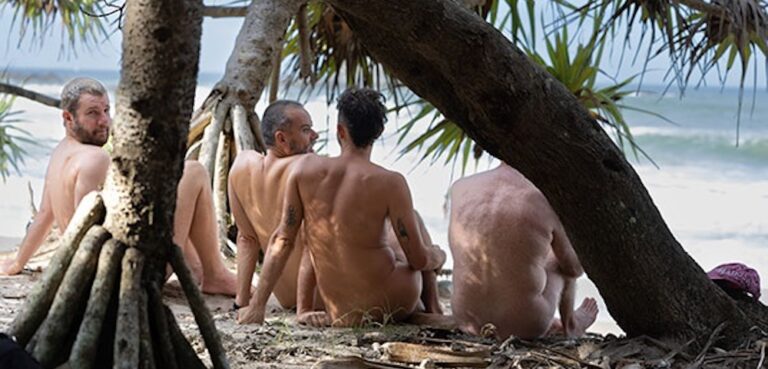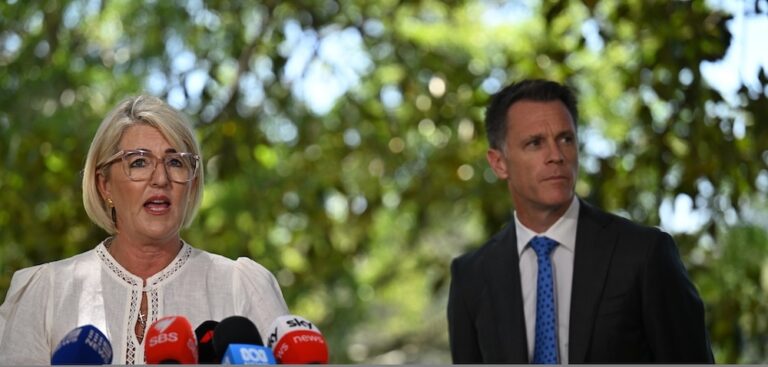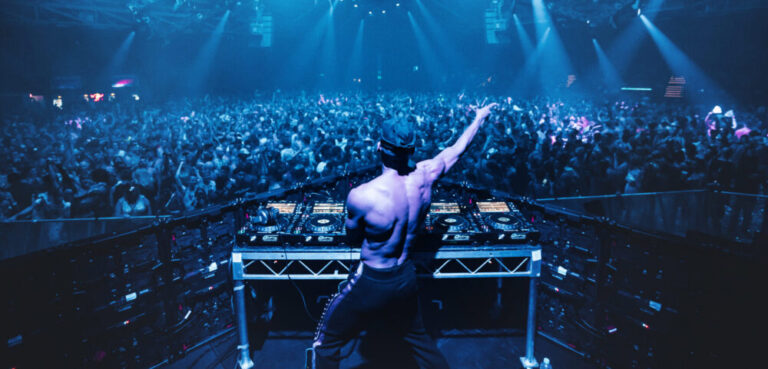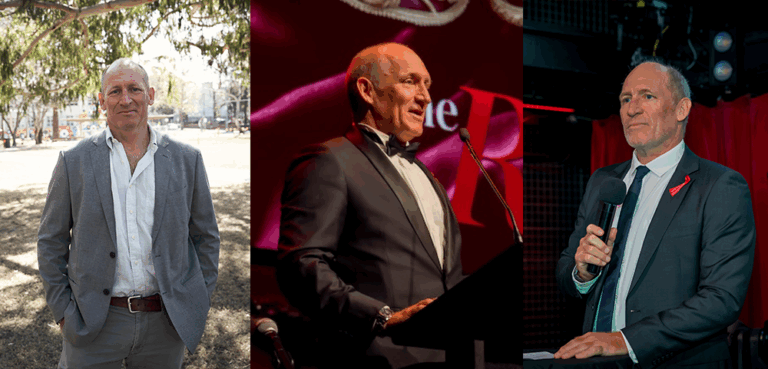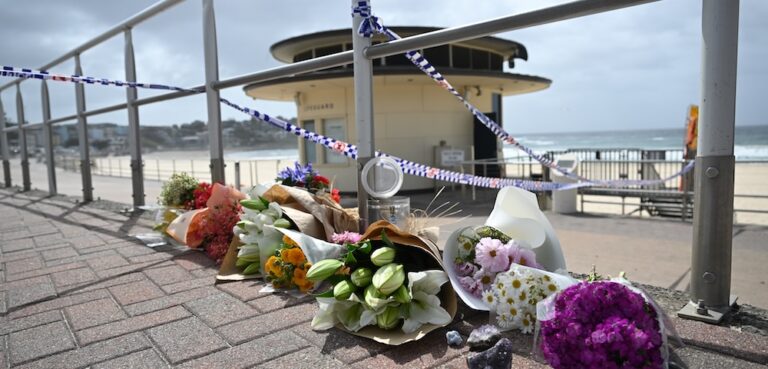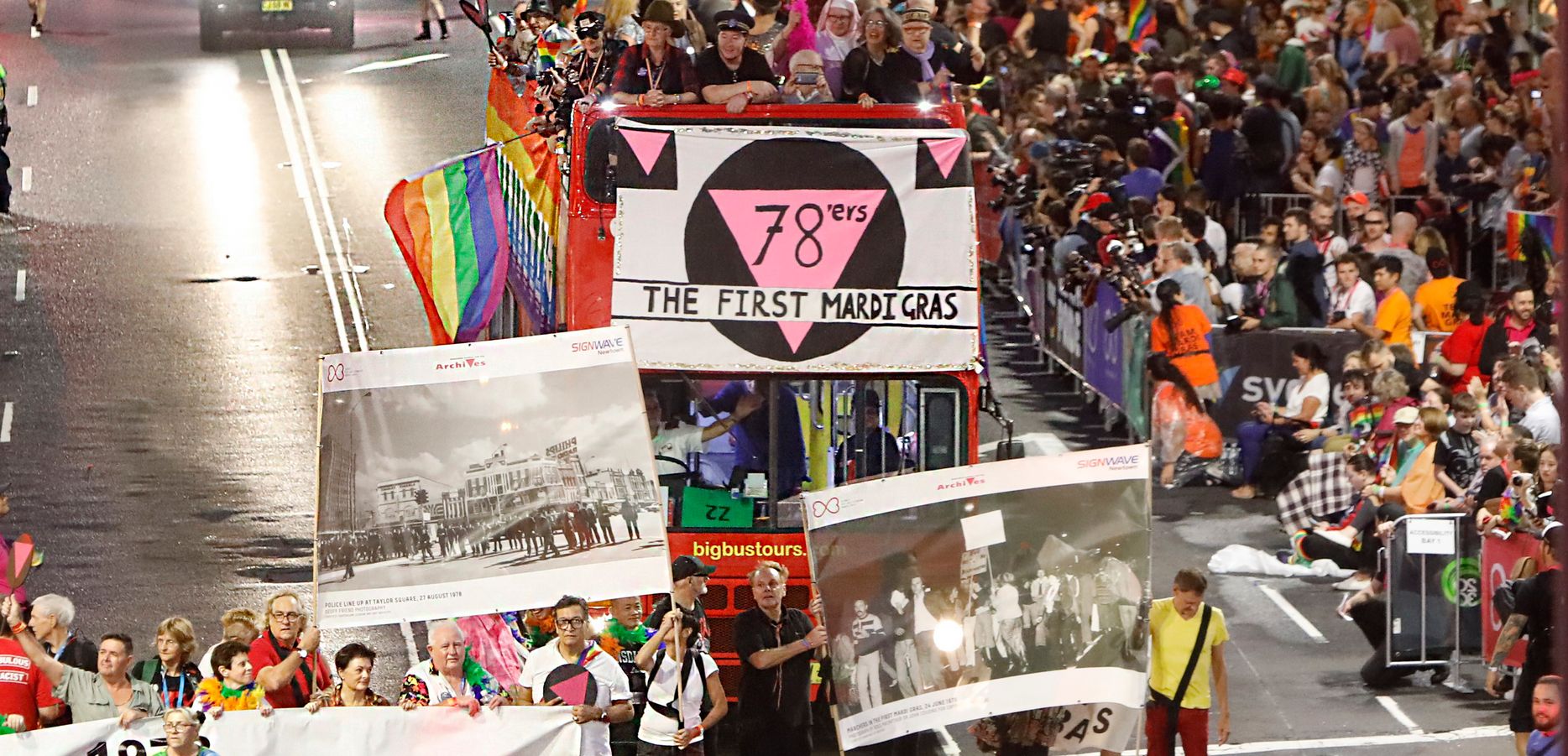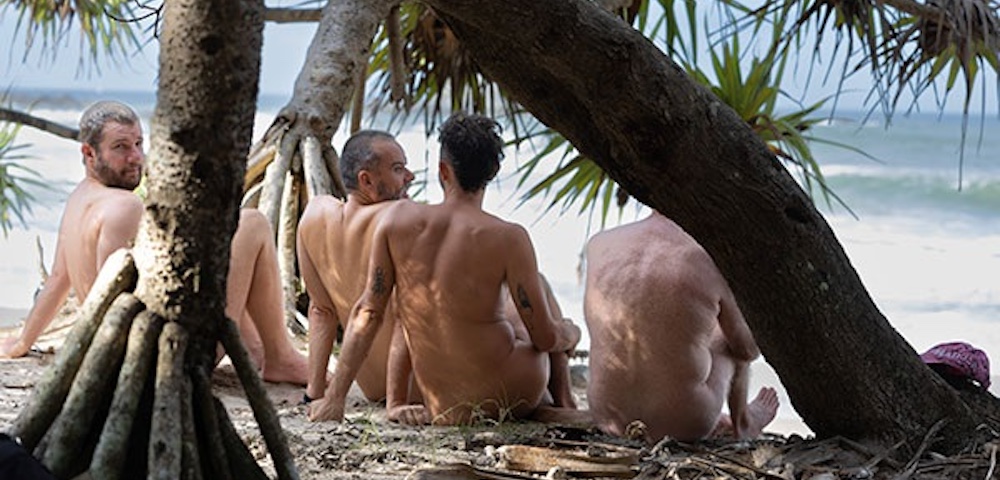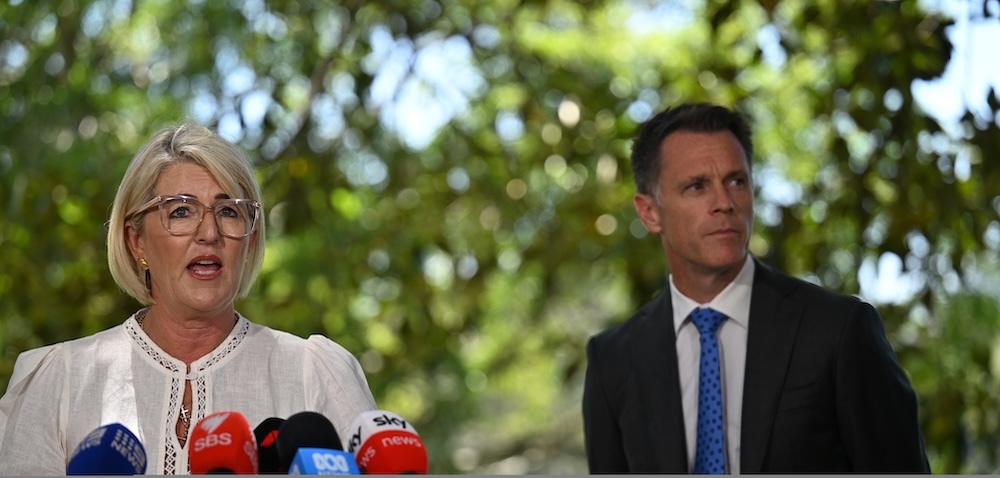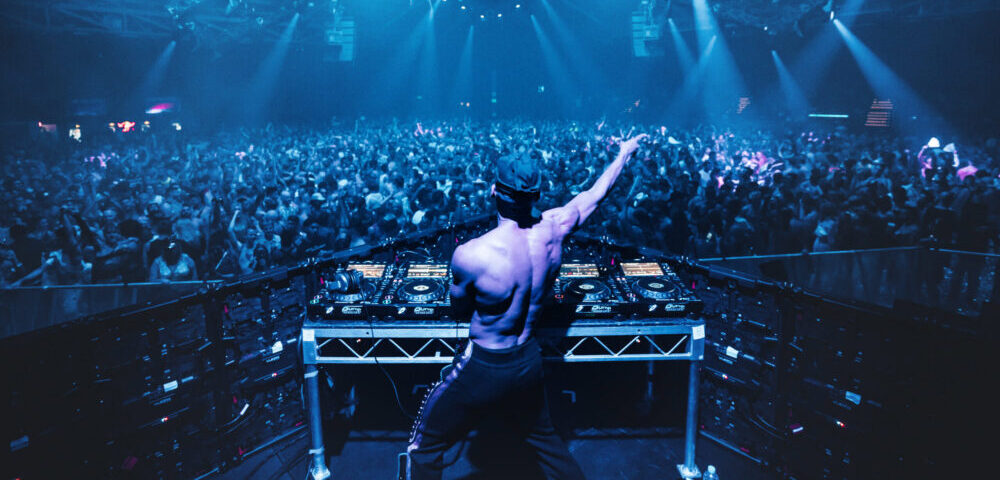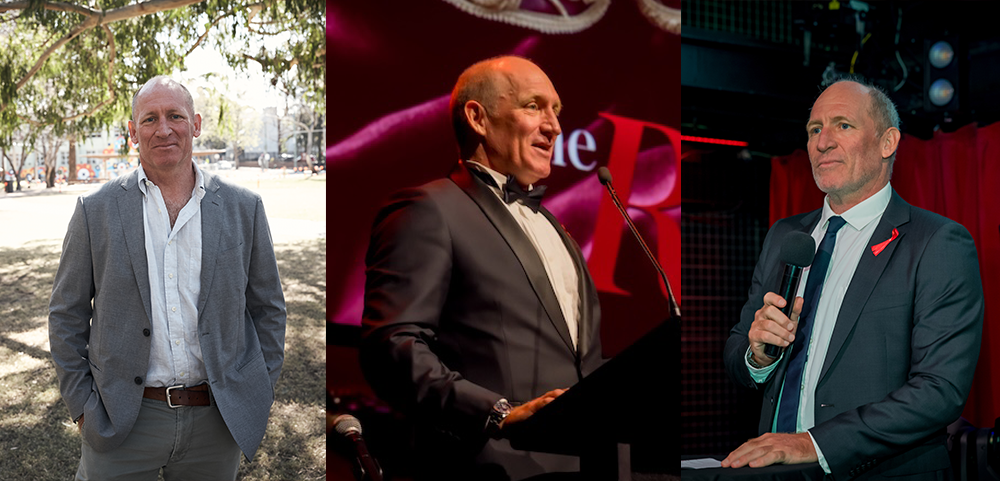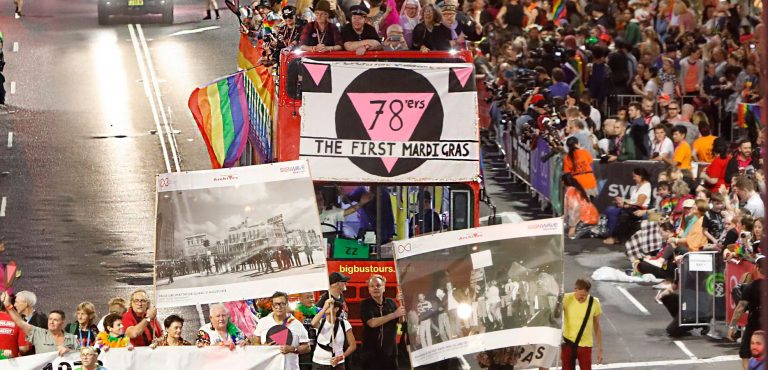
Law unto himself
I started my career in commercial law in Perth, but I realised it wasn’t for me and got a job at the Aboriginal Legal Service of WA in their native title section. It was fantastic. I did the native title claim for a group called the Nymal people who lived around the north of WA.
Getting to sit with elders and taking statutory declarations about their land was great. A lot of the meetings were in the country, so we’d four-wheel drive out there, sleep under the stars and get up and meet around the campfire or by a water hole.
My partner got a job at ACON in Sydney so we moved here together and I got a job in a small commercial firm. I still remember the first day, sitting in a boardroom with this huge file from a dispute over bus shelters, and tears were welling in my eyes. I thought, What have I done?
Apart from missing my old job I also missed the other community work I did. I was president of Pride in WA and had been involved with them for four or five years.
In 1999 I looked around for a new job and saw one going at the HIV/AIDS Legal Centre. I really didn’t want it. My partner was working in the HIV sector in ACON so I would be in the same building.
If living together wasn’t enough we’d be working together, walking to work together and I thought I didn’t want to work in his sector. But when I went for the interview I really liked the people and it seemed like a really challenging job, so I accepted it.
It turned out I didn’t really see my partner that much at work. When we broke up it wasn’t because we both worked here.
The HIV/AIDS Legal Centre is a free service that deals with any legal matter that’s HIV-related. It’s changed over the years, but the main areas we work in now are discrimination and immigration, end-of-life issues like wills, powers of attorney, enduring guardianships [which give someone the power to make medical and lifestyle decisions on a person’s behalf] and insurance.
When I first got here we were still dealing with a large number of hospital call-outs. At the time there were a lot of visits to hospitals to do wills or enduring guardianships for clients on the way out.
Often that would mean seeing someone one day and having their partner ring the next to say they died. This was much more of our work -“ total and permanent disability, people claiming insurance because they were unable to return to work.
The work we do now is much more about people getting on with their lives, workplace issues, health tests when people go for job interviews. We still get disability claims, we still go to hospital, but not like we were.
We still do wills for people on the way out. The number of them has changed, but that part of the job has never changed. One of the things I think isn’t understood in the community at the moment is the perception that drug regimes are so good that if you have HIV you can live well. Being here you get to see the other side, such as the fact drug regimes don’t work for everyone.
Whenever I go to St Vincent’s Hospital there’s always this moment when I walk out and a couple of tears will roll down my face. In a way it’s humbling to be invited into someone’s room, when they’re 30 years old and they have 24 hours or something to live, and they trust you to do something to make them feel better. But it just seems like such a waste.
We ask clients for donations from time to time. It’s funny, the people with the most money using the free service never seem to be the ones who donate anything. It’s the people who are the worst off that really appreciate what you do and donate.
We wouldn’t be here without our volunteers and assistance from ACON. We’ve had at least seven volunteers come through the centre this week who give up their time to plough through legal work for our clients. And we owe so much to ACON for letting us be in their building basically rent-free.
In 2001 we won the Human Rights and Equal Opportunity Award for law. A lot of the community legal sector and a lot of the other pro bono places get nominated, and to get picked was really good.
One of the things in our favour was that the amount of funding we get compared to other community legal centres is really miniscule. We’re funded through Legal Aid.
I switched from working here full-time to part-time so I could set up my own law firm, Advocate Immigration. I’ve done a lot of immigration law here and found it interesting, and now I’m leaving the HIV/AIDS Legal Centre to concentrate on that.
I’m working there with people who have also come through the community sector -“ they’ve worked with refugees, the Gay and Lesbian Immigration Task Force. I don’t think I would have left this job if I wasn’t going to work with such community-minded people.
Interview by Myles Wearring
For more on the HIV/AIDS Legal Centre see its website or call 9206 2060 or 1800 063 060.
